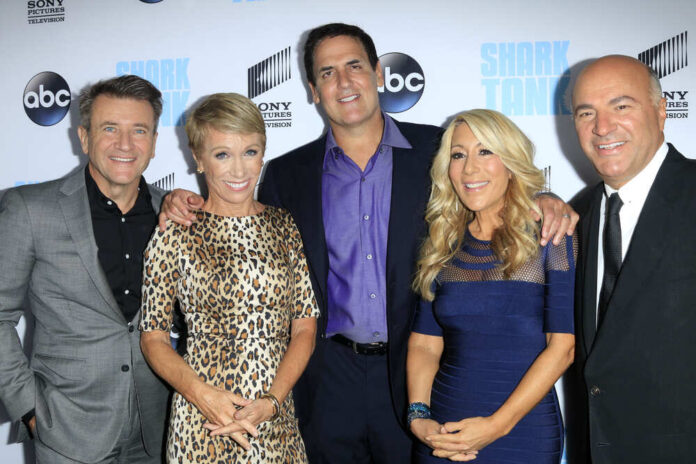
Mark Cuban, the Dallas Mavericks’ NBA team partial owner, stirred an online controversy with a recent revelation about his hiring practices, inadvertently drawing criticism from the U.S. Equal Employment Opportunity Commission (EEOC). In an attempt to score “woke” points, Cuban shared on X (formerly known as Twitter) that he considers race and gender in his hiring decisions. However, EEOC Commissioner Andrea R. Lucas promptly corrected him, stating that under Title VII law, race and gender can’t be a “motivating factor” in employment decisions.
Sen. Eric Schmitt (R-MO) chimed in, suggesting Cuban should “Call your lawyer.” Cuban’s stance reflects a broader trend in corporate America, where Diversity, Equity, and Inclusion (DEI) initiatives are often promoted for political approval. However, concerns about their alignment with existing employment laws have grown. Investment firms like BlackRock and Vanguard, evaluating companies based on environmental, social, and governance (ESG) scores, have played a role in advocating for such diversity measures. The legality of these practices under federal law remains contentious.
Mark Cuban brags about DEI hiring practice then
finds out his hiring practice is illegal.https://t.co/77sBHup8ts— OutKick (@Outkick) January 29, 2024
Critics argue that current DEI approaches often cross into illegal territory by prioritizing specific demographics, resembling excused racism, justifying discrimination in the name of diversity. Cuban’s admission unintentionally brought this issue into the spotlight, raising questions about the legality and ethics of corporate policies.
@mcuban, EEOC Commissioner here. Unfortunately you’re dead wrong on black-letter Title VII law. As a general rule, race/sex can’t even be a “motivating factor”—nor a plus factor, tie-breaker, or tipping point. It’s important employers understand the ground rules here.
— Andrea R. Lucas (@andrealucasEEOC) January 29, 2024
The debate around Cuban’s statements and the EEOC’s response mirrors a broader societal conflict over workplace diversity. While there’s a push for more inclusive practices, there’s also a need to adhere to established legal frameworks prohibiting any form of discrimination. This incident involving Cuban could prompt companies to reassess their DEI strategies, ensuring alignment with federal employment laws.














